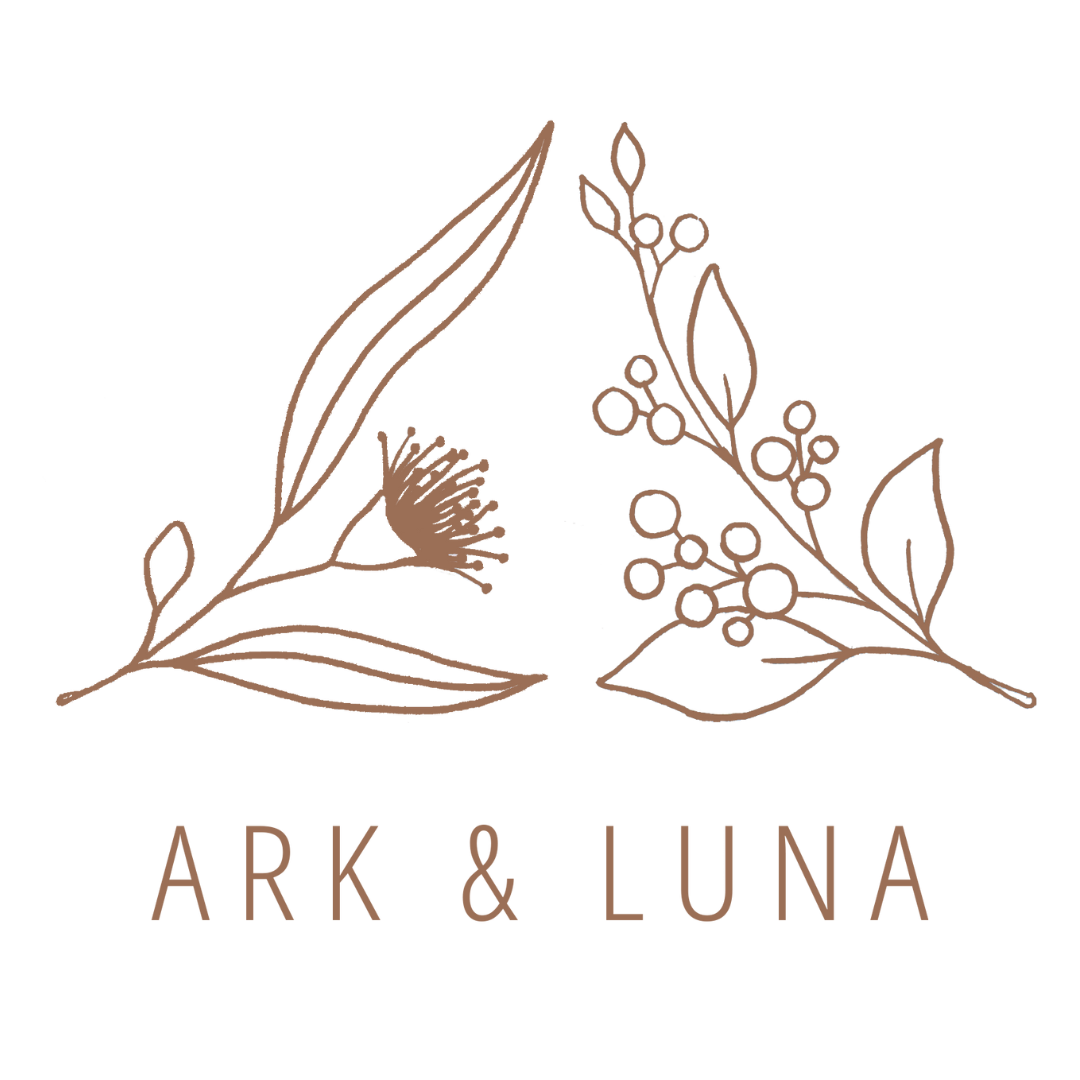It makes sense doesn’t it, that in order to raise a generation passionate about advocating for the wellbeing of our environment, we first need to foster a deep care and connection to nature.
This idea has been backed up by an emerging amount of evidence. This study sees this as a two-fold process. Firstly, children must have positive experiences in nature from a young age. Then they must be exposed to programs and experiences that enhance their knowledge and self-awareness around environmental advocacy.
Fostering Connection to Nature
Providing children with the space to play in an unstructured environment, within nature is a child led way to support connection to nature. This study shows how nature play increased a child’s affiliation with the natural world. This connection is also closely related to a child’s empathy development. All humans, including children, are capable of developing empathy for non-human beings, such a wildlife and plants. Children as young as four begin to have the developmental ability to take into the account the views of others. Frequent exposure and observation of nature support a child to become aware of the cycles of life, seasonal shifts, even the damage caused by plastic in our oceans can be learnt through observation. All of which has the ability to be curated within the realms of unstructured outdoor play – a process where a child follows their intrinsic driving force to play, an organically reinforcing process that provides a child with positive affiliation and shared experience of joy within their natural environment.
Nature-Based Education
Positive childhood experiences in nature is supported by mindful learning and reflection that empowers children with the ability to have a personal impact when it comes to protecting the environment. This may start with an observation of plastic waste at the beach, which leads to questions about the origin which naturally leads to authentic learning experiences through books or research to learn more. When a child is supported to naturally follow their inquiries and interests, learning is empowering as a child becomes aware of their personal impact. However, the first step of having opportunity to be immersed in nature is key, as a child will likely not have questions or interests about something that they have not been exposed to.
Knowledge empowers personal impact that starts in childhood with actions such as turning off the lights, recycling or walking to school instead of driving. These are all steps a child likely has control over within their own life in which they can make the conscious choice to influence their environment in a positive way. Such actions within childhood are likely to continue and grow into substantial, collective actions over the course of the child’s life and into adulthood.
It is the division of the natural world and human lifestyle that serves to see us as ‘separate’ from nature or that the environment is only a resource to be used. The reality is that we are the natural environment. We are all connected and each have a personal impact which collectively serves to save or destroy.
Supporting environmental compassion through play-based experiences, backed up with knowledge that empowers personal impact and change making, are the two of the key factors that enrich a generation of children who feel compelled to protect their world.
We have a range of nature based books that support your family or classroom to extend their knowledge about our environment, to see our range click here.

